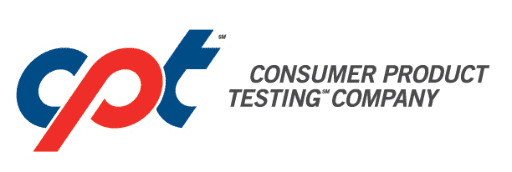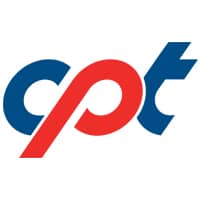In recent years, regulations and guidelines have changed in regards to sunscreen products. Within the United States, sunscreen is considered to be an OTC drug, requiring labeling and SPF protection efficacy testing. Specific guidelines are enforced by the FDA, protecting both consumers and business owners.
In order to verify the safety and efficacy of your new or reformulated sunscreen product, an SPF testing lab can assist your efforts with the latest in technology and equipment. Before you decide on a testing facility, it’s important that you ask the right questions.
What a Good SPF Testing Lab Offers
Standing for ‘Sun Protection Factor,’ the SPF number of your product will determine the theoretical amount of time consumers can be exposed to the sun before experiencing a sunburn. When a product has an SPF of 30, for instance, a consumer can stay in the sun for 30 times longer than they could without your product.
To make this claim, however, your product needs to be tested within a controlled, reliable environment. Testing will be required to make labeling claims regarding your product’s SPF and UVA protection. Although sunscreens are most commonly tested, SPF testing will be required for any product that contains sunscreen actives.
When you begin to work with a credible, experienced testing facility, they will help you collect all of the data you need to ensure long-term success. Since requirements vary from region to region, it’s important to look for facilities that perform and comply with all recognized methods, including FDA Final Rule, COLIPA, ISO 24444 and others.
When you first choose an SPF testing lab, ensure that they offer:
- SPF Protection efficacy testing — Using the latest in technology, a testing lab will be able to determine the SPF efficacy of your product. This will be achieved through the use of compliant single- or multi-port solar simulators.
- Water Resistance efficacy testing — This test is generally a 40- or 80-minute test, which follows the FDA Final Rule or COLIPA guidelines.
- Broad Spectrum efficacy testing — Products that are labeled as ‘broad-spectrum’ or ‘full-spectrum’ will protect the consumer adequately from UVA radiation. In-vitro tests can be administered based on FDA Broad Spectrum and ISO 24443 guidelines.
You’ll want to assess the safety of your product’s ingredients and final formulation through phototoxicity and photoallergy testing. In some cases, you may require custom support, which is something that you should discuss with the testing facility so that they can best assist you.
5 Questions to Ask Your SPF Testing Lab
When you initially find an SPF testing lab that appears to be a great fit, it’s important that you practice due diligence. Doing your research is the first step, and then, once you find your testing facility, it will be up to you to ask some of the questions below.
Although an experienced facility will assist you in terms of what will be required, it’s vital that you understand what will be accomplished and how you to need to be mindful of the testing facility itself but also the type of equipment that’s available, the availability of expert staff members, and the overall level of support.
Here are five questions you should ask before you begin SPF protection efficacy testing.
Question #1: Are you certified and do you comply with regulations?
When a testing facility is accredited and certified, this is a question that they will freely answer. In fact, when asked, a good testing lab will provide you with all of the associated registration numbers and related info. The best labs will comply with GLP, GCP, GMP, FDA, EPA and USP standards.
Question #2: What type of equipment do you use and how do you know if the data is accurate?
Although there are various methods, a good SPF protection efficacy testing lab will offer clients access to solar simulators and detectors for verification. In this case, all equipment should be tested and calibrated on a regular basis. This will be done by an independent testing facility, based on international guidelines.
Question #3: What other services do you offer?
Although you may just be interested in SPF protection efficacy testing and labeling claims (such as rub off potential or sand resistance), it’s important to consider other important services. A great example would be the services provided by a testing facility’s microbiology department. This can help you determine the stability of your product as well as its microbial limits. You may also want to inquire about clinical testing, especially regarding in-use performance.
Question #4: Do you offer photobiology imaging results?
Expert testing facilities will often provide additional services such as photobiology digital photography. Using the latest in technology, a testing lab can capture standardized images of sunscreen trial results. This can provide evidence of efficacy (SPF erythemal responses and UVAPF pigment responses) as well as safety (phototoxic and photoallergic reactions).
Question #5: Can you help with areas outside of product testing?
A testing facility will focus on testing first and foremost, but experienced labs will also offer a consulting department. Expert staff will help you plan an OTC product launch, assist with auditing services, supply chain quality management, remediation of FDA compliance issues and much more.
When you take the time to ask the right questions, you will have a positive SPF protection efficacy testing experience. Asking proactive questions will ensure that the testing facility can meet your needs. More importantly, when you work with a good SPF testing lab, you will verify that your product is safe and effective. This will support repeat business post-launch.


